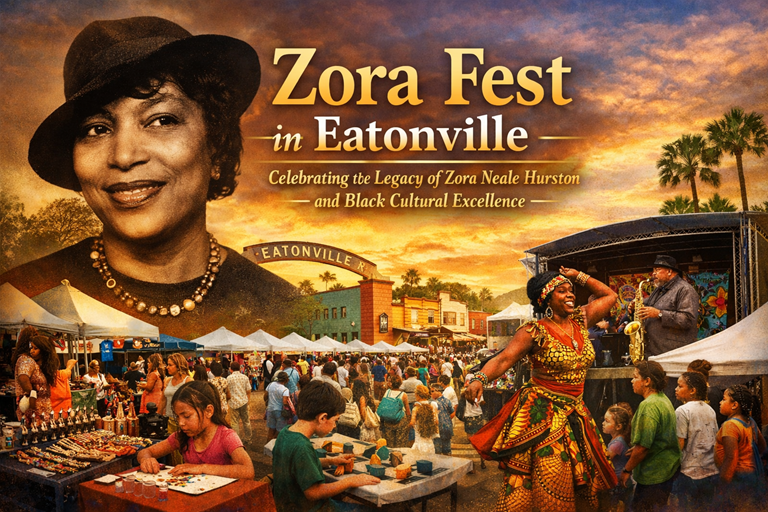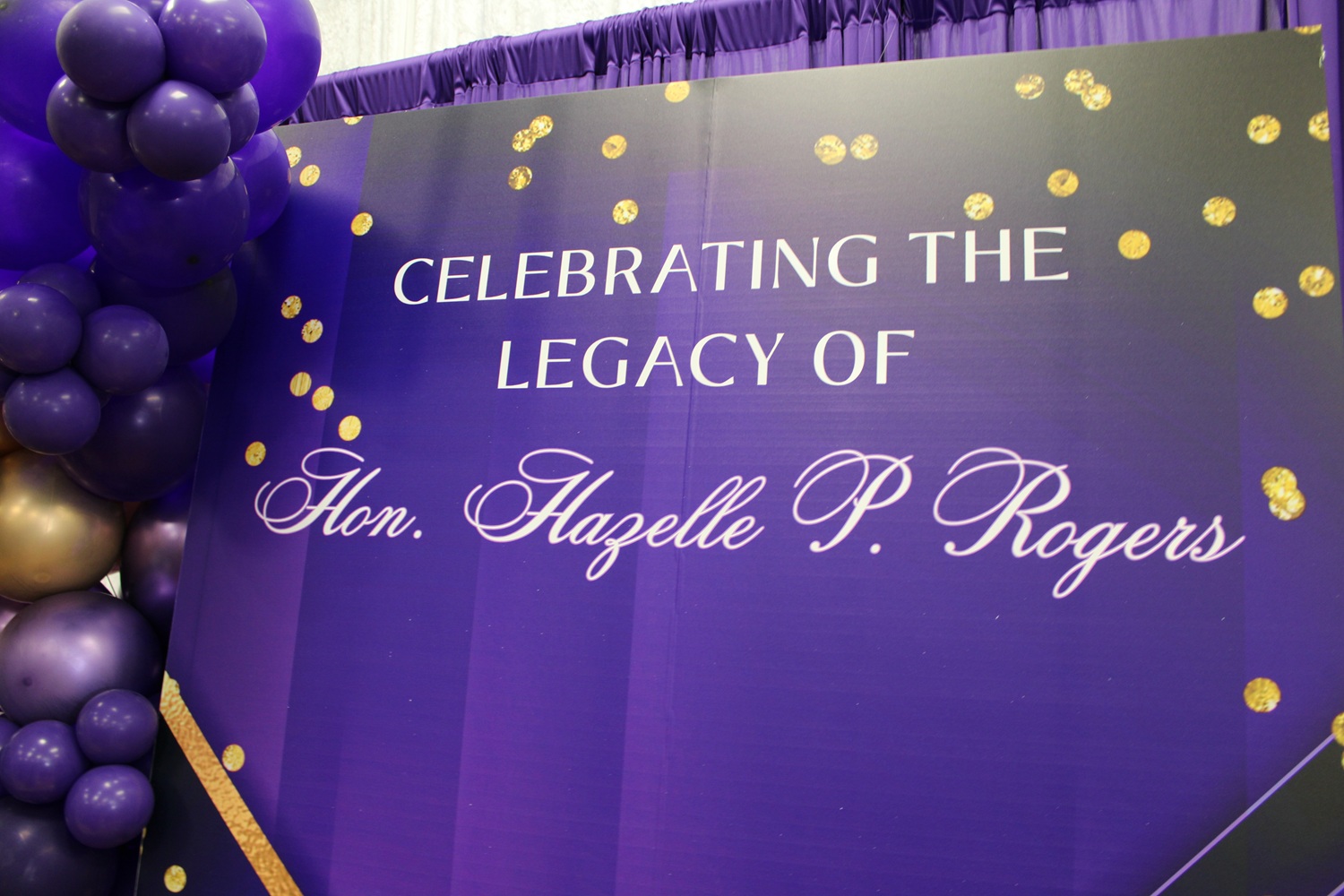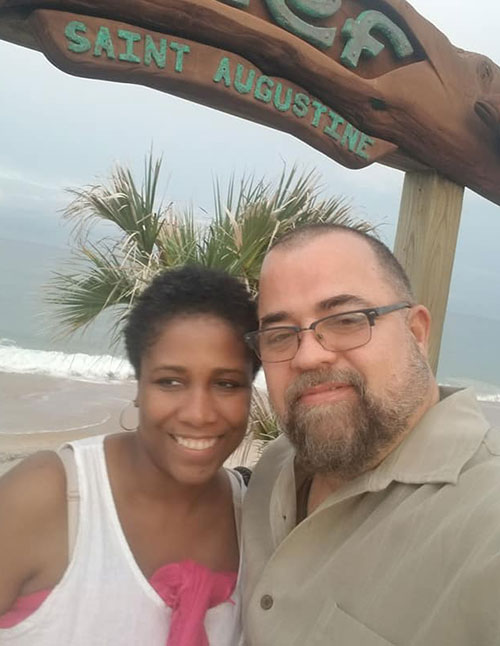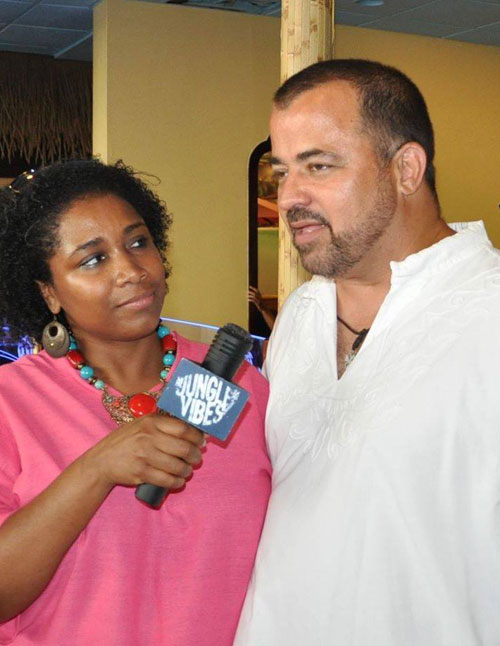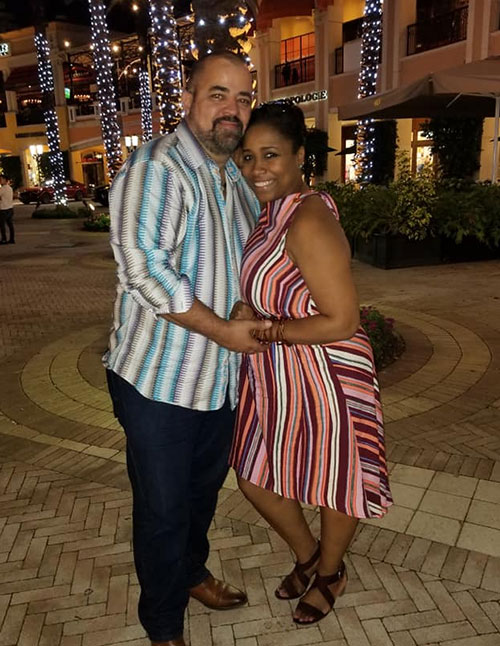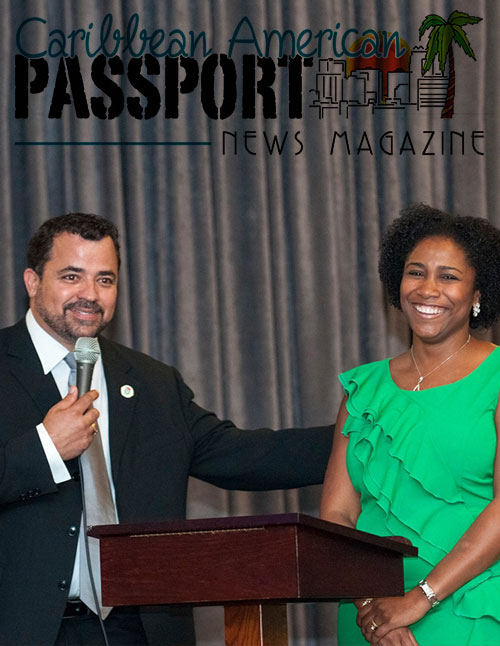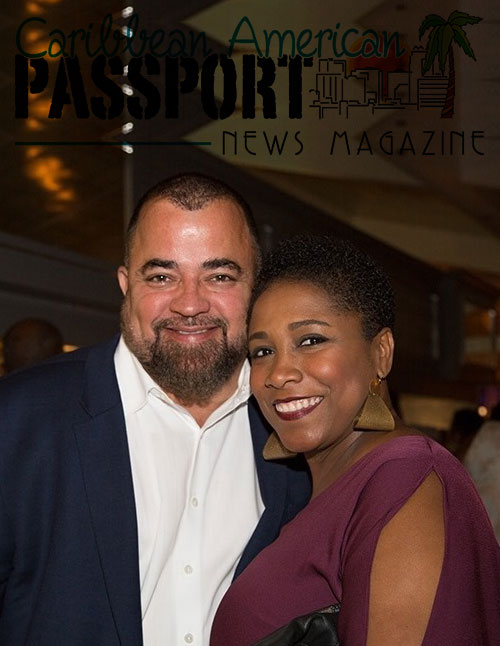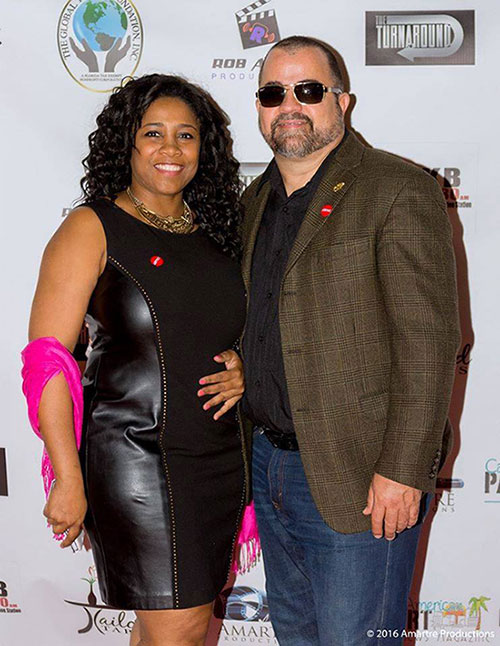Brinsley Forde MBE (born 16 October 1953) is the British singer and actor of Guyanese parentage who is best known as the founder member of the reggae band Aswad and as a child actor in the children's television series Here Come the Double Deckers! (1970–71)
He appeared as the character "Herman" in two episodes of the British television sitcom "Please Sir!" He appeared as character "Wesley" in the feature film of the same name in 1971. Forde's feature film debut had come a year earlier when he played a substantial role in the John Boorman film "Leo the Last" (1970), which was filmed in West London in the streets soon to be demolished to make way for the Lancaster West Estate. He appeared in the James Bond film "Diamonds Are Forever" and the television program "The Georgian House". In 1980, he starred in the drama film "Babylon" (directed by Franco Rosso), as character "Blue", a disenfranchised youth who becomes a disc jockey on a South London reggae sound system. While he may have enjoyed acting as a kid, it was music that ultimately captured his heart.
His journey into music began early, influenced by the vibrant sounds of reggae that permeated the streets of London in the 1960s and 70s.
In 1975, Forde co-founded Aswad, a reggae band that would become one of the most influential groups in the genre. Alongside Angus "Drummie Zeb" Gaye and Tony "Gad" Robinson, Forde helped to pioneer a distinctly British reggae sound that combined traditional Jamaican rhythms with elements of rock, soul, and R&B. The name Aswad, which means "black" in Arabic, reflected the band's identity and their connection to African and Caribbean heritage.
Aswad's debut album, released in 1976, introduced the world to their unique sound and socially conscious lyrics. Songs like "Back to Africa" and "Three Babylon" resonated with audiences, and the band quickly gained a following. However, it was their 1988 album "Distant Thunder" and its hit single "Don't Turn Around" that catapulted Aswad to international stardom. The song reached number one on the UK Singles Chart and became a reggae classic.
Brinsley Forde's soulful voice and charismatic stage presence were central to Aswad's success. The band's music often addressed themes of love, unity, and social justice, reflecting the struggles and aspirations of the Afro-Caribbean community in Britain. Forde's ability to convey deep emotion and convey powerful messages through his music made him a beloved figure in the reggae world.
Aswad's discography is extensive, with notable albums including "New Chapter" (1981), "Not Satisfied" (1982), and "Crucial Tracks" (1989). Their versatility allowed them to experiment with different styles, from roots reggae to lovers rock, ensuring their music remained fresh and relevant.
In 1996, Brinsley Forde left Aswad to pursue a solo career. His solo work continued to reflect his commitment to reggae music and its cultural roots. He released albums such as "Urban Jungle" and "Reggae Gold," which showcased his enduring talent and passion for the genre.
Beyond his musical endeavors, Forde has been involved in various projects aimed at promoting reggae music and its cultural significance. He has hosted radio shows, participated in documentaries, and collaborated with other artists to keep the reggae flame burning bright.
Honors and Recognition
Brinsley Forde's contributions to music have not gone unnoticed. He was awarded the Member of the Order of the British Empire (MBE) in 2015 for his services to the arts. This recognition is a testament to his impact on the music industry and his role in bringing reggae to a global audience.
Brinsley Forde's legacy as the frontman of Aswad and a solo artist is one of innovation, passion, and cultural significance. His music has transcended generations, and his influence can be heard in the works of countless reggae artists who followed in his footsteps. As a pioneer of British reggae, Forde's contributions have enriched the musical landscape and continue to inspire new generations of musicians and fans alike.







